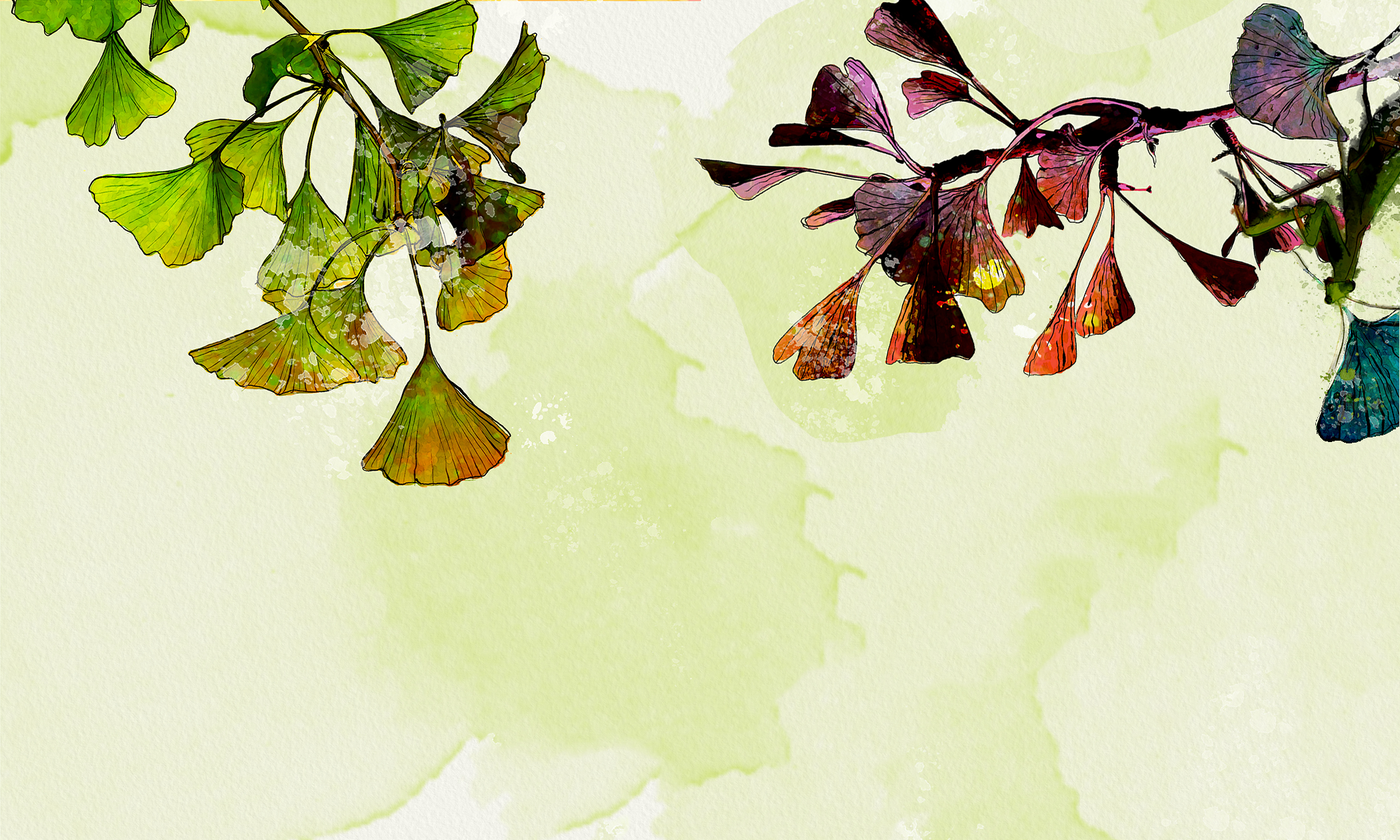
Mantis 20 (Spring 2022)
Translations
Uchimura Kaho
内村佳保
translated from the Japanese by Jason Beckman
如来
京都 平等院鳳凰堂の如来さんは
おおきな池に今日も守られてはります
如来さんのお顔は
簡単に見えやしまへん
如来さんの座ってはる建物の扉が
開かれてる時かて
池がおおきいさかい 向こう岸からお顔は
簡単に見えやしまへん
300円払うて
池の橋を渡りはったらよろしおす
木の板に響くあんさんの足音は
1000年前に戻る証拠どす
ほうら 橋を渡れば 池の真ん中にいたはる
如来さんに出逢えましたやろ
あぁ でも 如来さんはおおきいさかい
近づいて見上げたら余計にお顔は見えやしまへん
(こんなことやったら
向こう岸から拝見した方が
如来さんのお顔がまだ見えましたのに...)
そう思ってはりますやろか
大事なもんいうのは
近づいた時よりも
はなれた時の方が
よく見えたりするもんどす
写真に残しはったっていつかは消えます
お財布の十円玉見ときはったらよろしおす
如来さんは あんさんのそばで
いつもほほえんでくれてはります
Nyorai – Amida Buddha
Kyoto— in the Byodoin Temple Phoenix Hall,
Buddha-san sits, guarded by a large pond
from here, the face is
hard to see
Since the pond is large, when the doors of the building
in which Buddha-san sits are open
from the opposite shore, the face is
hard to see
if you pay 300 yen
you can cross the bridge over the pond,
the sound of your footsteps on wooden boards
carrying you a thousand years into the past
now, if you crossed over the bridge
you might chance upon Buddha-san at the center of the pond
but since Buddha-san is so large
when you draw near and look up, the face is even harder to see
(in which case,
it may as well have been easier
to see Buddha-san’s face from across the pond)
you might be thinking
when it comes to what’s important,
more so than coming closer
looking from a distance
makes things clear
the photo you saved will eventually fade away
but just look at the image of the Phoenix Hall
on the 10-yen coin from your pocket
Buddha-san is right beside you, always smiling
*Translator’s note: the title of this poem (Nyorai), composed in the Kyoto dialect, is the Japanese translation of the Sanskrit word tathāgata (one who has come from the world of truth), the term the historical Buddha is known to have used to refer to himself. In Japanese, the word conveys those who have embodied the highest degree of Buddhist enlightenment, and the poet has paired this respectful mode of address with the honorific -san, creating a sense of familiarity. I have rendered “nyorai-san” as “Buddha-san,” in an attempt to capture the softness and closeness of the term of address in the original text.
UCHIMURA KAHO (内村佳保) is a Japanese writer who lives in Tokyo. Her slogan won the grand prize at the Japan Reconstruction Agency Slogan Competition 2017. Her book report won the special prize at the Defense of Japan 2019 (Japan Ministry of Defense) Book Report Competition. She is the author of two novels, Jyuusansai no taidou (「十三才の胎動」) and Inishie gatari vol.1 (「いにしへ語り 壱」). Her novel won the grand prize at Funahashi Seiichi Under 30’s Writing Competition 2021. Her poems won the grand prize at Shimazaki Toson Poetry Competition 2021, Minokamo city Poetry Competition 2021, and Tajimi city Poetry Competition 2021. Her Tanka (a genre of classical Japanese poetry) won the grand prize at Minokamo city Tanka Competition 2021 and the Nikkei Newspaper the Best Tanka of the Year Award 2020 & 2021. Her work has appeared or is forthcoming in The Ekphrastic Review, New World Writing, Cordite Poetry Review, and Eunoia Review. Find more on her website: uchimurakaho.studio.site
